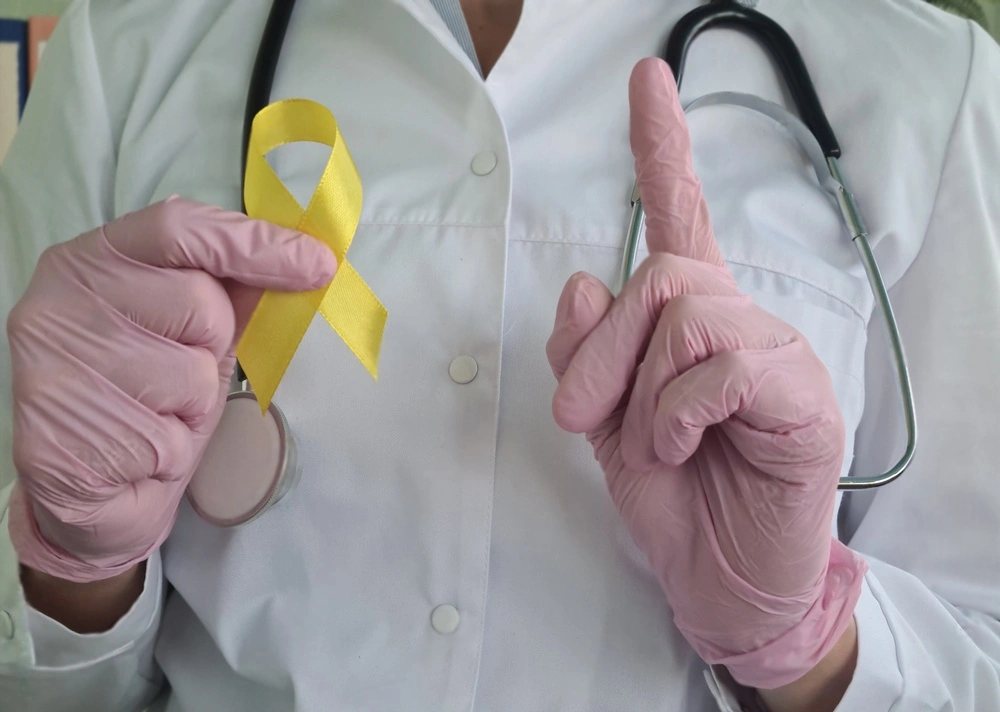The Benefits of Group Therapy: A Comprehensive Guide
Group therapy is a type of psychotherapy that involves a group of people who are working on similar mental health issues. The group is led by a trained mental health professional, and the sessions typically focus on sharing experiences, providing support, and learning coping skills.
Group therapy can be a highly effective way to improve mental health and well-being. Here are some of the key benefits of group therapy:
- Reduced feelings of isolation and loneliness. One of the biggest benefits of group therapy is the opportunity to connect with other people who are going through similar experiences. This can help to reduce feelings of isolation and loneliness, and provide a sense of belonging and support.
- Improved coping skills. Group therapy can help you to learn new coping skills for managing your symptoms and challenges. You can also learn from the experiences of other group members, and see what has worked for them.
- Increased self-awareness. Group therapy can help you to better understand yourself, your thoughts, feelings, and behaviors. You can also learn how to identify and challenge negative patterns of thinking and behavior.
- Improved social skills. Group therapy can help you to develop and improve your social skills. This can be especially beneficial for people who have difficulty interacting with others or who have social anxiety.
- Increased motivation and accountability. Group therapy can provide a source of motivation and accountability. Being part of a group can help you to stay on track with your goals and to make progress in your therapy.
Finding a Support Group
There are many different types of support groups available, and it is important to find one that is right for you. Here are some tips for finding a support group:
- Ask your doctor or mental health professional for recommendations.
- Check with your local hospital or mental health clinic.
- Search online for support groups in your area.
- Contact national organizations that offer support groups for specific mental health conditions.
Once you have found a few potential support groups, it is important to visit each group in person to see if it is a good fit for you. Here are some things to consider when choosing a support group:
- The focus of the group. Does the group focus on a specific mental health condition, or is it a general support group?
- The size of the group. Some people prefer smaller groups, while others prefer larger groups.
- The schedule of the group. Does the group meet at a time that works for you?
- The location of the group. Is the group located in a convenient location?
- The cost of the group. Some support groups are free, while others charge a fee.
Conclusion
Group therapy can be a highly effective way to improve mental health and well-being. If you are considering group therapy, be sure to do your research and find a group that is right for you.
FAQs:
What is the difference between group therapy and a support group?Group therapy is a type of psychotherapy that is led by a trained mental health professional. Support groups are typically led by volunteers or people who are living with the same condition as the other group members. Group therapy is more focused on providing treatment and support, while support groups are more focused on providing support and connection.
How much does group therapy cost?The cost of group therapy varies depending on the type of group, the location, and the length of the sessions. Some group therapy groups are free, while others charge a fee. Many insurance plans cover group therapy, so be sure to check with your insurance company.
Is group therapy right for me?Group therapy can be a good option for people who are struggling with a variety of mental health conditions, including anxiety, depression, grief, and trauma. Group therapy can also be a good option for people who are looking to improve their social skills or who are feeling isolated.
What should I expect at my first group therapy session?At your first group therapy session, the therapist will likely introduce themselves and explain the rules of the group. You will also have the opportunity to introduce yourself and to share a little bit about your story. The therapist will then lead the group in a discussion or activity.
What if I feel uncomfortable in group therapy?It is normal to feel uncomfortable at first, especially if you are not used to sharing your thoughts and feelings with others. If you are feeling uncomfortable, be sure to talk to the therapist. The therapist can help you to feel more comfortable and to get the most out of the group.
If you are considering group therapy, we encourage you to do ask us, we can help you find a group that is right for you. Group therapy can be a highly effective way to improve mental health and well-being.









